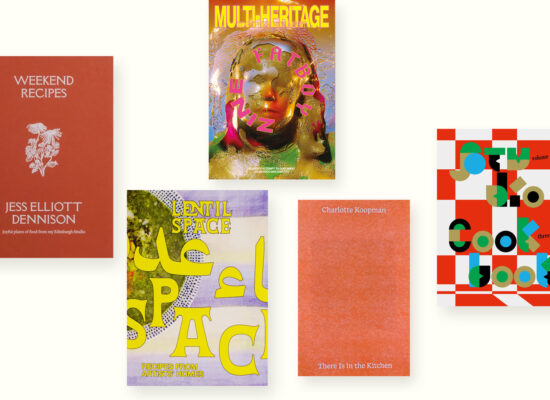It began in dialogue with curator Virginie Bobin in Paris in 2017 and follows the thread of a script written for a performance that has yet to take place. Using local, obsolete knowledge systems, “neobarroso” poems, failed translations, and ambiguous ingredients, Bestiario de Lengüitas stages a choir of grotesque characters who try to maintain chaos and excess in a world calling for order, efficiency, and transparency. Azpilicueta pays a tribute to “proto-scientific” knowledge primarily disseminated among women—such as midwives and witches—before religion, capitalism, and modern medicine silenced them. The uncanny contaminations that occur between plants and bodies were fed by several encounters in the streets of Paris, the Botanical garden of Madrid, and the magical forests of Bolzano—thus generating a new embodied cartography of knowledge that transpires through scripts, drawings, and artworks by mobilizing storytelling, fables, and the reactivation of ancient rituals.
Mercedes Azpilicueta is a visual and performance artist from Buenos Aires living and working in Amsterdam. Her artistic practice brings together various characters from the past and the present, who manifest as voices, shapes, texts, traces, and memories into her multi-layered works. Calling herself a “dishonest researcher,” Azpilicueta navigates through multiple references and fields of knowledge, from art history to popular music, from literature to street culture, falling in love with dissident figures and trajectories—feminist, queer, migrant, exiled individuals—who haunt her scripts, performances, and videos. Yet, her work never indulges into cold reverence or archival fascination. By engaging the body with all its flaws and potentials—her own body, that of her muses and collaborators, that of the spectators, but also fantasized ones—Azpilicueta embraces its fragility as well as its capacity for care and resistance. She was an artist in residence at the Rijksakademie van Beeldende Kunsten, Amsterdam in 2015–16, and received the Pernod Ricard Fellowship in 2017. Solo exhibitions include Kunstverein Göttingen (2023); Sammlung Philara, Düsseldorf (2022); Kunstmuseum Liechtenstein, Vaduz (2022); Gasworks, London (2021); CAC Brétigny, Brétigny-sur-Orge (2021); Museion, Bolzano/Bozen (2020); Van Abbemuseum, Eindhoven (2019); CentroCentro, Madrid (2019); Museo de Arte Moderno de Buenos Aires (2018); and Móvil, Buenos Aires (2015). Azpilicueta was nominated for the Prix de Rome 2021.










